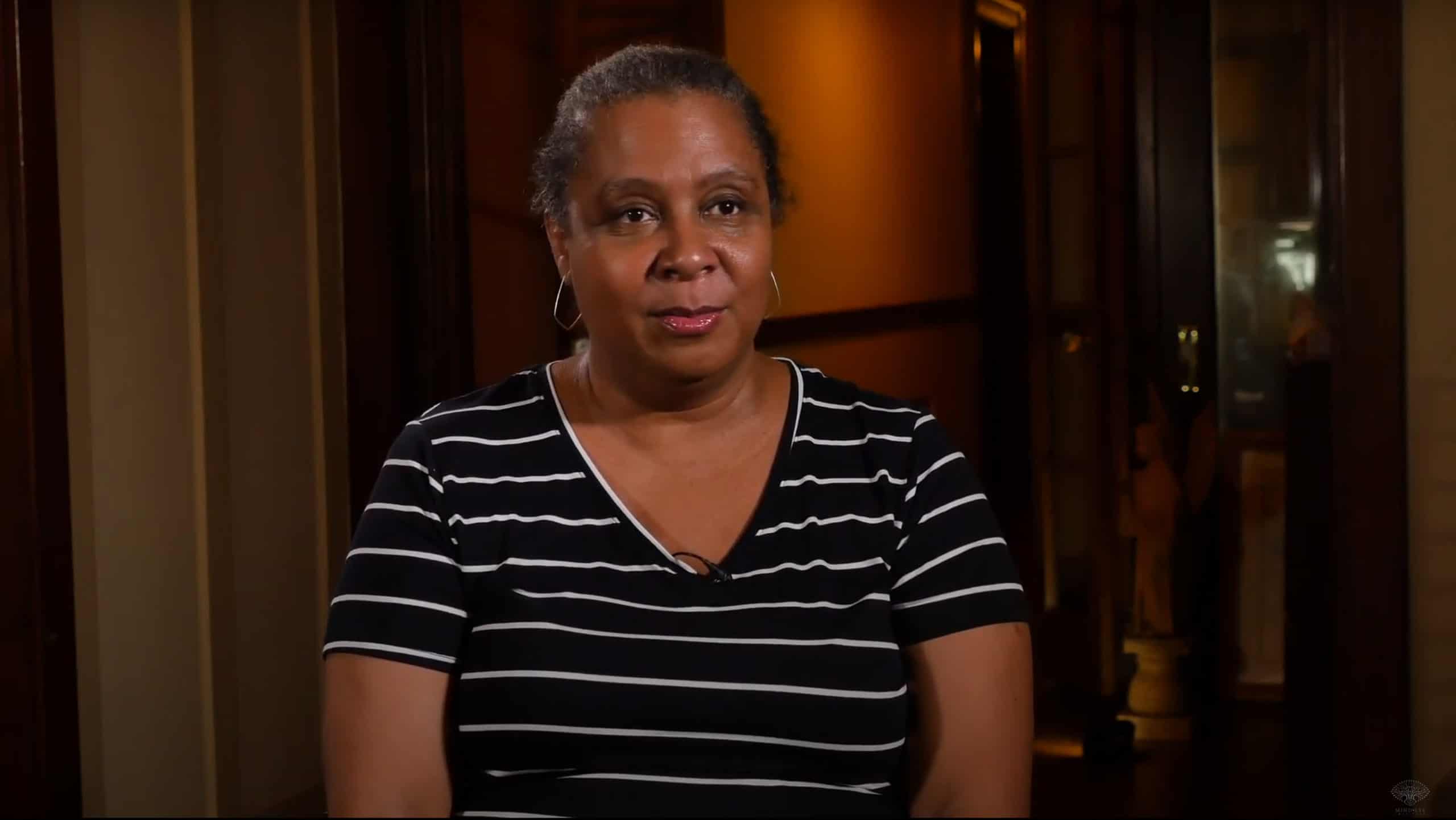Within the first week of wearing her new therapeutic eyeglasses from the Mind-Eye Institute, 17-year-old Victoria realized the anxiety that had plagued her for years and kept her homebound had vanished.
“It seemed to have just fallen away,” Victoria says. “I began to feel more relaxed.”
Her mother, Rosalyn Watson Burhans, agrees, calling the effect of the glasses “magical.”
“Within a week, the glasses made a huge positive change,” says Rosalyn, who for years had been seeking solutions to her daughter’s increasing anxiety and depression, time-management issues, and struggles to synchronize eyesight and hearing in order to process information properly.
Indeed, not until Victoria had turned age 16, did a doctor definitively diagnose her as having attention deficit hyperactivity disorder (ADHD).
“I just wish we had found out about the Mind-Eye Institute earlier,” says Rosalyn, who first learned about the Institute’s work during the latter part of 2019. “Thanks to her ‘brain’ glasses, Victoria already has achieved a point in her progress that likely would have required several more years of standard therapy to reach.”
The Mind-Eye Institute is recognized worldwide for its assessments of “visual processing.” The term refers to the brain’s almost-instantaneous ability (partially beneath a conscious level of awareness) to take in external sensory signals (from eyesight, hearing, smell, taste and touch), meld them with a person’s internal sensory signals and then synthesize – process — the information, allowing a person to react and respond to his or her environment.
“The retina is composed of brain tissue and is part of the central nervous system. By changing the way light passes through the retina, we can affect how the brain reacts to information about the environment and modify a person’s spatial awareness, body posture and selective attention to sound,” says Deborah Zelinsky, OD, founder and executive research director of the Mind-Eye Institute. Victoria’s optometrist at the Mind-Eye Institute, which is based in Northbrook, Ill.
Through careful modulation of retinal signaling using customized, therapeutic “brain” glasses — Brainwear™– and other optometric techniques, the Mind-Eye Institute is helping those patients who have learning or comprehension challenges, such as attention deficit and autism spectrum disorders, to develop new visual skills.
Rosalyn says Victoria always has been highly-functioning, which is one reason experts initially remained unconcerned about some of her early problems in elementary school.
“But things became increasingly more difficult for her. We noticed she had trouble with focus, information processing, reasoning, and memory. She had to look at you to hear you. Oftentimes, she would listen to a teacher give an assignment, but by the time she was ready to write it down in her notes, she had already forgotten what the teacher said. Maintaining a routine of reading and journaling at home also proved a challenge for Victoria,” Rosalyn recalls.
“Visual processing and awareness are essential to all aspects of learning,” explains Deborah Zelinsky, OD. “The brain simultaneously integrates sensory information from the right and left eyes and ears, as well as signals from each inner ear, and fibers in some muscles, such as the neck and feet. If these signals are mismatched, the brain makes the body fidget, searching for a posture in which eyes and ears can work together.”
To achieve optimal school performance, “students must be able to integrate their many sensory systems in order to maintain awareness of facial expressions and body posture, while also looking at information presented on a classroom screen. Students have to simultaneously listen and think about what the teacher is saying, while shifting gaze from place to place,” she says. “Children who struggle with reading, for example, likely have underdeveloped visual processing skills. These skills have nothing to do with 20/20 eyesight. A person requires multiple visual skills to attain solid, fluent reading ability. It’s not simply a matter of knowing the letters.”
Meanwhile, Victoria’s struggles only increased her anxiety and depression. She was hypersensitive to prescribed medications. In one instance, she had to go to the hospital emergency department because she had developed edema – swelling – due to a bad reaction to one medication.
The anxiety became so intense, Victoria had to leave school and revert to learning at home.
“We took her to psychiatrists, psychologists, naprapaths, nutritionists. We even tried neurofeedback, which worked for a while, but the results eventually tapered off,” Rosalyn says.
Enter the Mind-Eye Institute – a unique optometric practice that Rosalyn calls a “godsend.” Victoria had her first Mind-Eye appointment in December 2019.
“Victoria is now on her second pair of Mind-Eye glasses, and the results have been progressively positive,” Rosalyn states. “The team there really understands her case.”
Victoria concurs.
“I am now able to control my thoughts, to manage myself every day,” Victoria says. “The tension that used to build up in my head is gone.”

